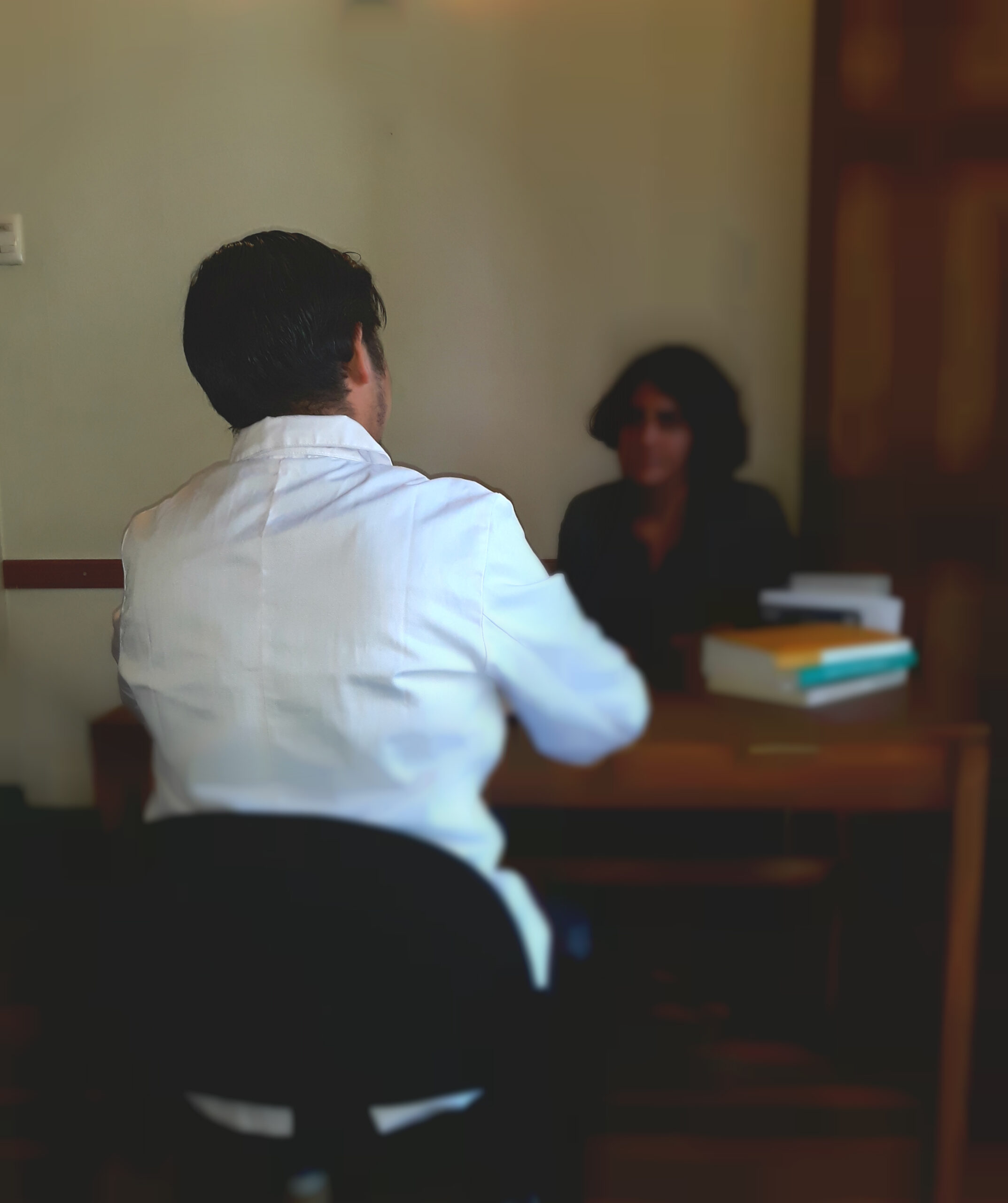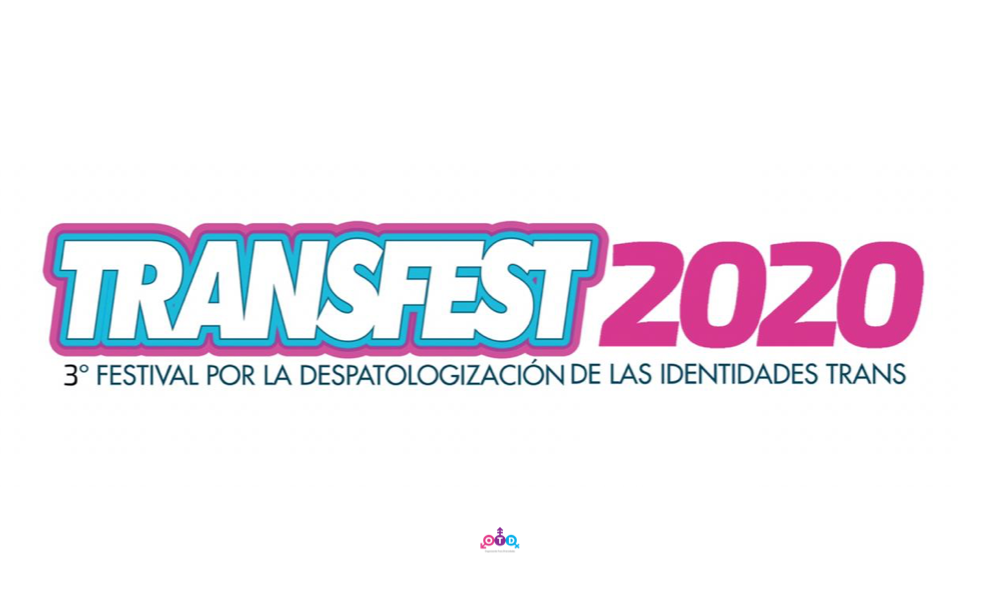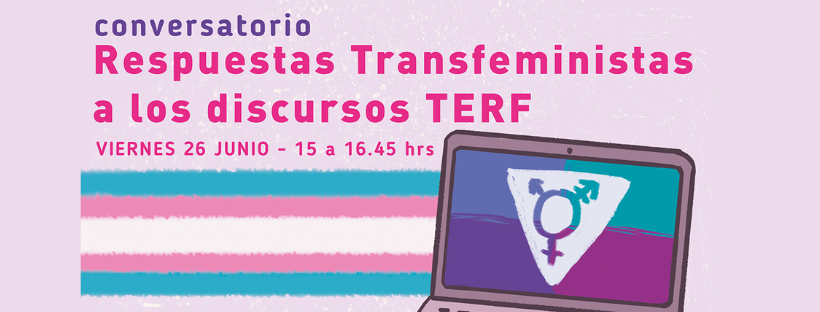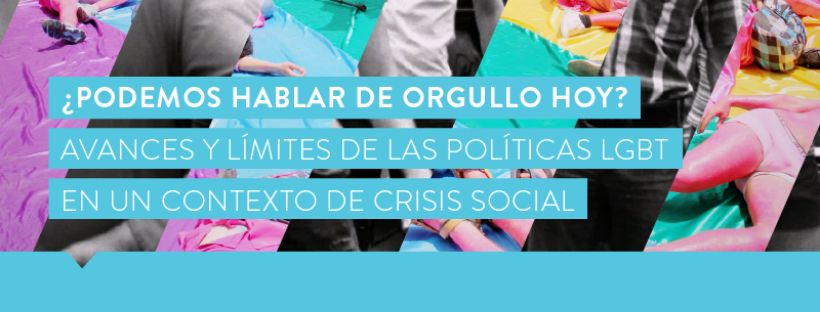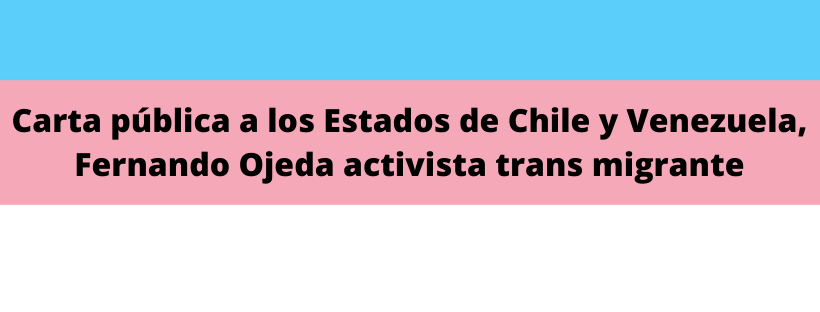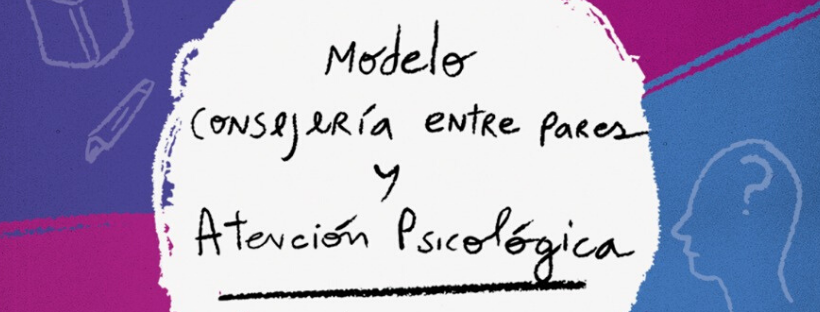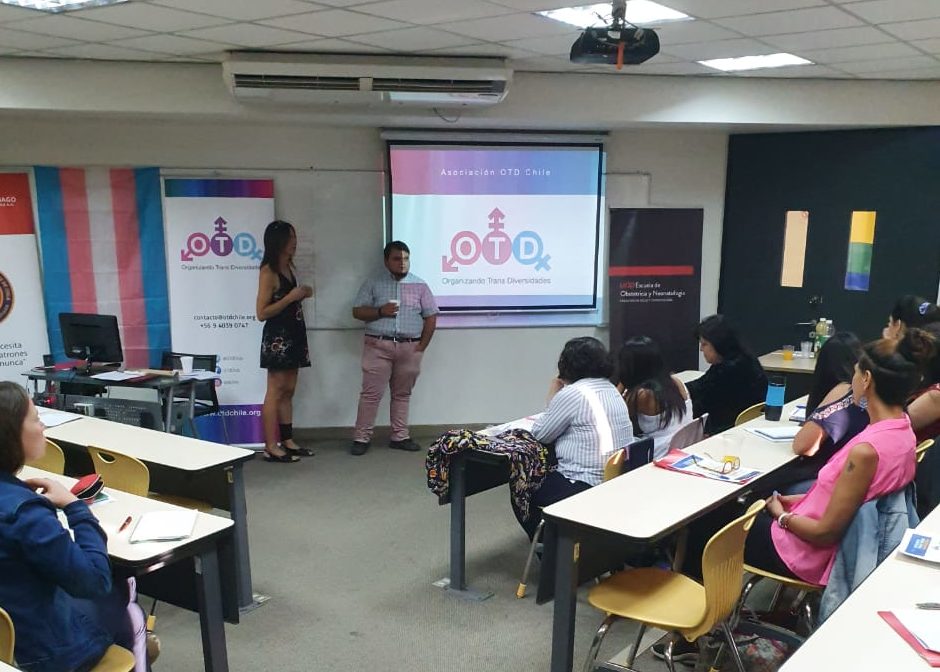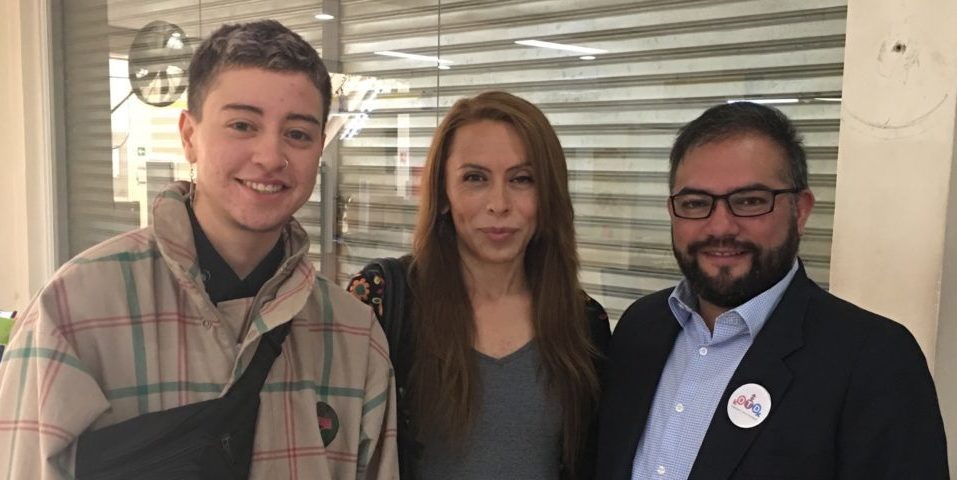Five doctors that, for different reasons have approached to the transgender theme, share their experiences about how is and how should be the access to health of transgender persons. Some support the total despathologization of identities, others for having certificates that guarantees the identity to avoid damages.
They, from their different fronts, share the medical information and recognize that they have never seen a case of “repentance”. Everybody has worked for the health right and the recognition of the transgender persons, nevertheless there is not a consensus of how must participate the medicine in their lives. The psychiatrists Ricardo Aguayo and Rodrigo Sierra, the general doctor Javi, the family doctor Camilo Bass and the endocrinologist Enzo Devoto share their experiences.
Self-education
The psychiatrist Ricardo Aguayo works independently in his consultation and for his interest for the diversity he approached to the theme. He gives certificates that accredit the trans identity to the persons can access to medical treatments. His independent and self-taught work has allowed him to participate in congresses and scientific committees.
The doctor Javi is a non-binary trans person that has recognized her identity and, knowing the medical world, she expresses her opinion about how is the gender diversity treated in the undergraduate program.
Camilo Bass, family doctor and vice-president of the Colegio Médico Metropolitano, was part of the first trans program of the doctor’s office N°1 of Santiago, in charge of the Servicio de Salud Metropolitano Central that was created in 2008 and lasted two years. There, together with a psychologist, was part of a pilot that check 50 trans persons, who were derived to the specialties that they needed to amend their gender expressions.
Camilo Bass, Family Doctor and Vice-president of the Colegio Médico of the Metropolitan region.
The endocrinologist, Enzo Devoto became interested in the subject in the years 70 ´ and since that time knows and treats trans persons who require hormone replacement therapy. He has seen the progress of the identity recognition, terms and today, already retired from the public health, continues to service persons in a particular way.
The child and youth psychiatrist, Rodrigo Sierra, works in the attention center, Espacio Seguro and he studied his specialty at the Ackerman Institute of New York, where he could learn about a comprehensive care toward transgender persons, his sensibility with the theme although started participating in organizations of the civil society of gender and sexual diversity.
Practically everyone agrees that the formation of medical schools is null and void around the issue of gender diversity. Javi, who is the most recent graduate of the degree, explains that in her school, sexuality is practically reduced to the treatment of venereal diseases and are often the centers of students who take these issues and socialize them.
“The teaching of medicine is very heteronormative, it is always assumed that the couple of a woman is a man and almost all the questions are directed towards there”, she explains. Camilo’s experience at the University of Concepción was not very different when he assumed as a doctor of the pilot program, he had to resort to his undergraduate notes and found a paragraph in a text of more than 250 pages.
The same happened to Ricardo and Enzo, who do have years of experience serving trans persons. “The teaching of sexology in medicine has been very bad and is still very bad,” explains the endocrinologist, who quotes studies that show that only 5% of physicians have heard the word transgender and almost no one has had the opportunity, during their formation, of meet a trans person.
Rodrigo Sierra, child and youth psychiatrist of Espacio Seguro.
For his part, Rodrigo’s colleagues from other specialties have rejected certificates of transgender people because they do not conform to what the professional believes that must be their medical work. “If in psychiatric already there is a little awareness of the politic and social role that has the specialty, there is nothing in other specialties” he explains.
Can a gender identity be diagnosed?
Doctors are used to looking for pathologies, it is the only way they can exercise their profession and help heal a person. However, in the case of transgender people there is nothing to heal, but they do require medical benefits and an equitable treatment of care.
All the doctors interviewed agree that it is not a pathology, however, they have nuances on how to recognize a trans identity and how to open the pathways to access hormonal treatments. Since his trans experience, Javi advocates a voluntary psychological or psychiatric accompaniment, without certification, so that a person can access medical benefits to change their appearance in accordance to their gender expression. For example, if her transition is to the masculine, she can take hormones with testosterone.
Camilo believes in a model of attention focused on the depathologization of identity, safeguarding access to health. Proposes a paradigm shift where each person has a doctor, who knows his health history, and that if the person has a trans identity, this professional will ensure access to treatments of the corresponding specialties. It recognizes that it is an ideal far from the reality of Chile although.
Rodrigo totally denies the possibility of diagnosis. “It makes no sense to me because I don’t diagnose cisgender identities either.” The psychiatrist Ricardo Aguayo is more cautious and prefers to make sure of the identity, especially in children under 18 years old. “For the protection of the child it would be important to have the opinion of a specialist. The point is that the professionals who are trained for that are just a few” he says. “We need professionals to ensure that everything is at the pace that the teenager or child needs and not the family, parents, organizations, school or health team needs.”
Enzo Devoto, Endocrinologist
Enzo is in favor of asking for certificates, especially to rule out some pathology that has nothing to do with identity. “It should be ruled out that people with mental disorder are believed to be trans-product of their disease being diagnosed and treated. If any of them are simultaneously trans and have this mental pathology, once treated by the psychiatrist and authorized by him, I have no problem in initiating hormonal treatment to the person who requests it, “he explains. However, it recognizes that it should be done without harassment as it happened in the past. He claims that no one can change the trans identity because it is natural.
The application for certificates is something that Rodrigo questions. “It does not have a real ground because the attentions should be much more comprehensive in all specialties. Many colleagues say “I do not have training in this, so the questioning that arises me is why it does not make them noise. I understand that your formation and your specialty do not include it, but when you come across with something that you ignore, you study it. Moreover, it is clear that there is not any psychiatric pathology that can make someone believe that he or she is or is not transgender”.
Proposes that in the case of children, professional accompaniment should be made from a comprehensive approach to ensure a safe environment.
How to move forward?
For Ricardo, the recognition of identity is fundamental, especially in adolescents because it is a vulnerable population with high rates of suicide attempt. It proposes questioning the functioning of the genre and going towards less binary stance.
“What’s proven is that rejecting a transgender person cause damage,” he says. So he calls his colleagues to be cautious, “in the medical principle of not harming, what I see is that many professionals for lack of knowledge hurt when they put difficulties.”
The five agree that it is necessary to learn and educate themselves on the subject. “If there is a specialist who does not know can just treat people humanely,” explains Enzo, “Not everything is biology, much is humanity and social sense.”
For Javi, as a trans person and part of the guild, it is important to be respectful. “For example the subject of genitality, many ask whether they have made a vaginoplasty or phalloplasty. Try not to ask those things unless are absolutely necessary because that can ruin a person’s day.”
“Try to listen more than the supposed experts in transgender persons and see testimonials,” she says. A practice that was a good school for Camilo, who argues that all health workers should be trained to serve transgender people.
Finally, Rodrigo asks his colleagues from the different specialties to go towards real empathy. “When the history is understood and there has been space for people who are out of the binary sex gender, the right is being understood, the non-pathologization appears as something natural and not as a theoretical questioning.”
